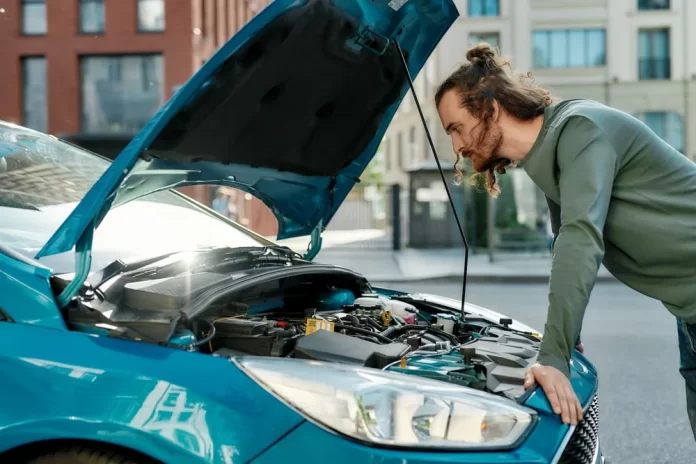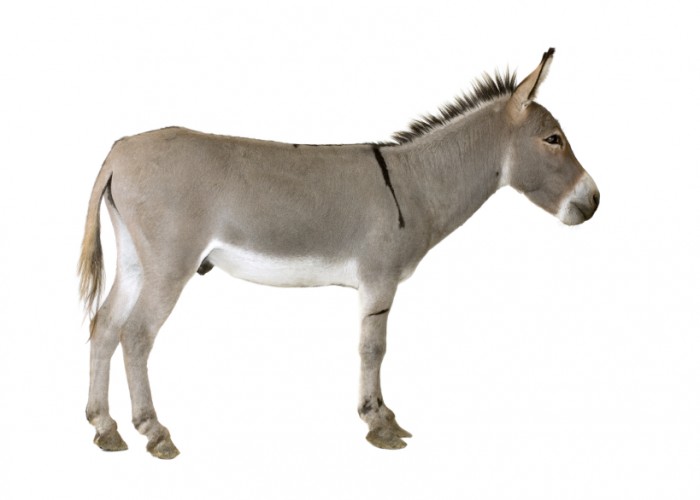Nothing is more hurting than your car shutting off in the middle of the road while you are getting late for an important meeting.
If you have experienced such a situation where your engine stops working, you probably don’t wish to experience it again.
There could be several reasons why your engine suddenly stops working. Sometimes, it could be as simple as your fuel running out, and sometimes, the cause could be very serious.
Here, we will be discussing some of the causes behind your engine stalling and what are some fixes to deal with those problems.
-
Table of Contents
Dead Battery
Car manufacturers usually recommend changing your battery after every 3 to 5 years. Due to regular use, the battery loses its ability to store charge or runs out of charging rapidly.
If you accidentally left your headlights on at night, then it’s possible that they have consumed your battery.
Sometimes, people don’t switch off their AC while the engine is not running, due to which the load of the compressor is directly shifted towards the battery, and soon it runs out of charge.
If you are stranded on the road with a dead battery, you can start your engine using jumper cables. To stay safe from such a situation, you should carry jumper cables in the trunk.
-
Alternator Not Working
The alternator in your car is responsible for charging the battery while you are driving. The alternator runs mechanically from the power produced by the engine and provides current to the battery for charging.
When the alternator is not working properly, it will not provide enough current to the battery so that it won’t be charged.
You can check if your alternator is working fine or not by using a multimeter. Start your engine and place the multimeter wires on the battery to check if it’s delivering more than 12V power.
Dirty Air Filter
When you have not changed the air filter for a long time, it can get exceptionally dirty, so air cannot reach the engine chamber, where it is burned with fuel. If there is no air in the chamber, there will be no burning of fuel; hence, the engine won’t work.
If you are experiencing the smell of fuel inside your car while driving, then it’s possible that your air filter is dirty and needs to be replaced.
Overheated Engine
Your car’s engine is cooled through a series of complex mechanisms. The coolant from the compartment makes its way through the outside chambers of the engine, where there is excess heat.
From passing through these points, it goes back to the radiator, where it passes through several small pipes that absorb the heat, and then the coolant travels back to the container.
If your water pump is not working properly or the radiator is choked, the chances of the engine overheating are significantly increased.
Sometimes, if your coolant sensor is not working, then it will send a signal to your car’s computer to turn off the engine even when the engine is not overheated. The coolant sensor is an important component of your car as it prevents overheating and stops engine damage.
Faulty Engine Control Unit
The ECU in your car is a computer that collects information from parts of the internal combustion engine to ensure everything is working at optimal conditions.
When the ECU is faulty, it can cause sudden loss of power or spark, due to which your car keeps stalling, and the engine can stop running.
Testing the ECU is not easy and can not be done at home. If you need to get your ECU inspected, then you can search for ‘car repair near me’ on maps and visit a shop that has the highest positive reviews.
The mechanic will use an OBD scanner to diagnose the problem, and the technician can make an informed decision to fix the issue.
Fault in The Fuel System
If your engine keeps stopping but then suddenly starts back on its own, then the issue might be with your fuel pump.
The fuel is stored in the container beneath the car and is brought to the engine with the help of a fuel pump.
When the fuel pump fails to work, there will be no supply of fuel to the engine, and it won’t work. Similarly, if the fuel filter is clogged, then the pump will not deliver a sufficient amount of fuel to the engine. As a result, the car begins to stall.
Problems With Ignition Switch
When you turn the key to start the car, the ignition switch installed behind the ignition lock is turned.
The ignition switch has tiny metal plates inside it; when you turn the ignition, the plates make contact with each other, and a connection is established.
Over time, when these plates get rusted or broken, the connection will not be established, so the engine fails to start.








